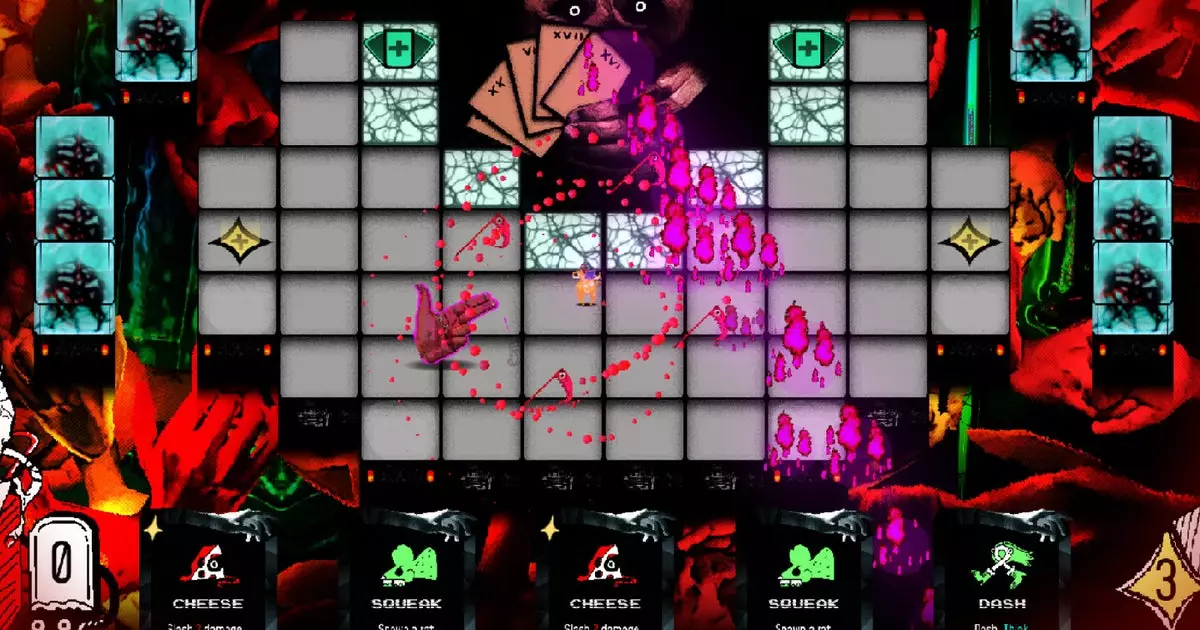When contemplating the wholly unique experience that is LYMBUS: Incomplete Edition, one can’t help but feel as though they’ve stumbled upon an alternate reality where gaming mechanics intertwine with abstract concepts of consciousness. From the very first moments, players are immersed in a grotesque yet engaging universe crafted by Happy Accident Studios—an indie team known for their eccentric approach. They are not just provoking thought; they are demanding a cognitive workout, akin to playing chess in a fourth dimension while simultaneously skipping rope with one’s own psyche.
At its core, LYMBUS distills the complexities of strategy into something both simple and maddeningly intricate. The premise involves navigating a dystopian landscape where neuromechanical advancements have led to unexpected and catastrophic outcomes. Players inherit the burdensome task of diving into the collective unconscious, a realm where memories serve as both currency and weaponry. The novel twist? Movement is decoupled from combat—players must engage via cards that represent an array of actions from shooting to dodging, leading to a tension-filled ballet of strategy and reflex.
This dichotomy is where LYMBUS shines. It combines elements of roguelike and bullet hell genres, creating a frenetic gameplay experience that balances cerebral strategy with raw adrenaline. The real-time combat demands quick thinking and dexterity, as players obscurely juggle their card resources while evading a storm of virtual projectiles. Every card played might propel players to spin a bottle of possibilities, yet their freedom of movement feels intensely claustrophobic—a beautifully chaotic design that invites continuous learning and adaptation.
Set in a nebulous timeframe marked only by “19XX,” the narrative surrounding LYMBUS becomes equally compelling. As the game’s backstory unfolds, players learn of a societal collapse triggered by a calamitous failure to secure neural backup—a biting commentary on technology’s overwhelming embrace. This narrative nuance not only amplifies the player’s motivations but also cements LYMBUS as a reflection of our relationship with technology. The imaginatively crafted memories that players retrieve serve as metaphors for personal and collective histories, adding layers of depth to what might otherwise be categorized as a simple rogue-like.
Ultimately, LYMBUS: Incomplete Edition is an invitation into a surreal tapestry of gameplay that challenges players to rethink their strategy when confronted with multiple layers of action. For both gamers and critics alike, its imaginative premise and execution push the boundaries of conventional gaming, creating a space where every session feels distinctly unknown and rewarding. It dares players not just to navigate its depths but to confront their own assumptions about gameplay and narrative. While it may not hold the hands of its audience, it’s a boldly refined endeavor, standardizing an experience where strategy, reflexes, and existential questioning collide. Engage with caution, sense of humor, and readiness for a journey into the chaotic unknown.

